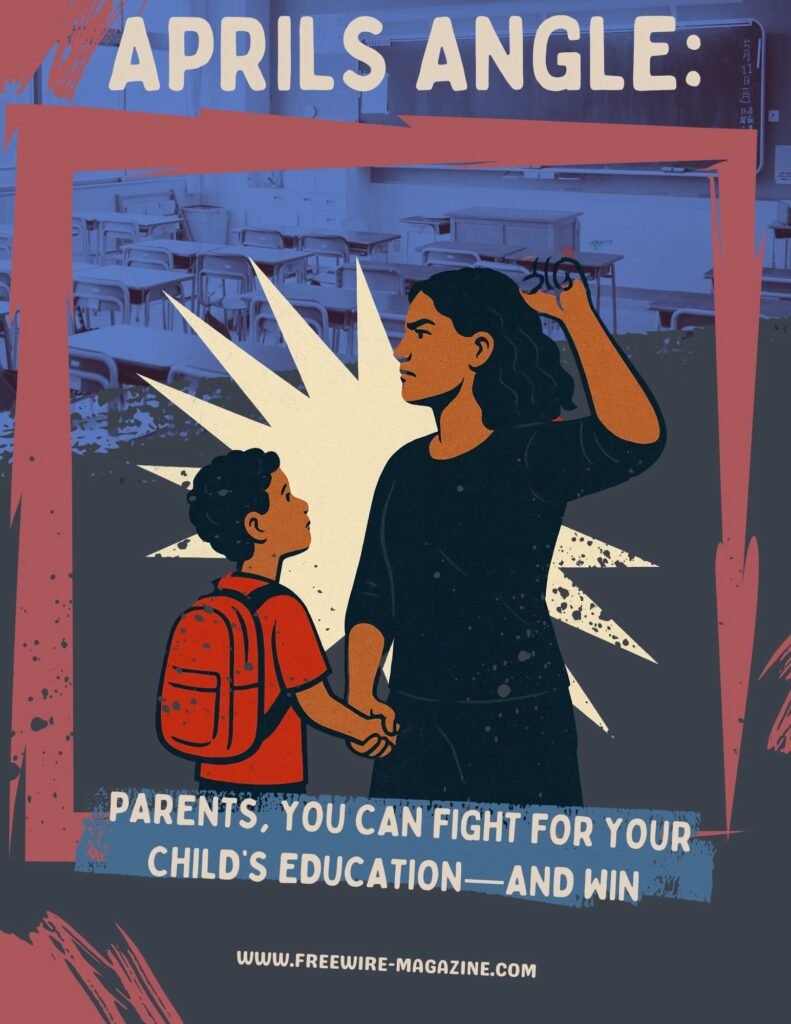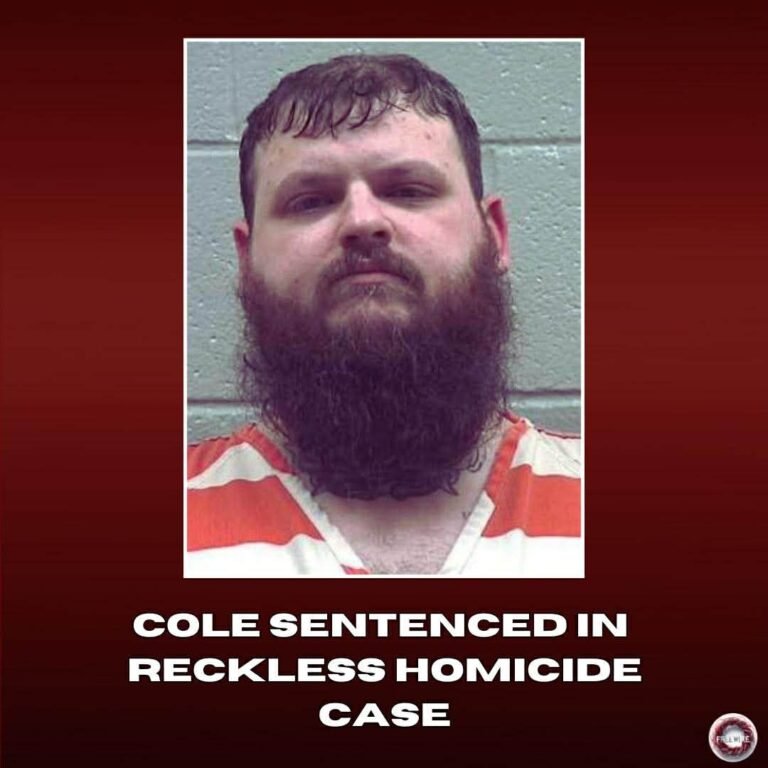
By April Rodgers Content Coordinator | FreeWire Magazine
For parents of children with learning differences, disabilities, or emotional regulation challenges, the fight for an education isn’t just about books and homework. It’s about making schools see the whole child—not just their grades on a report card.
Too often, schools use a child’s intelligence against them. “He’s passing math, so he doesn’t need help in English.” “She does fine in science, so she must not be trying hard enough in social studies.”
But passing one class doesn’t erase the struggles in another. A child might excel in subjects with straightforward answers but fall behind in classes that require emotional comprehension, executive functioning, or nuanced interpretation. It’s not about being “smart enough.” It’s about how their brain processes information—and that deserves support.
Yet schools continue to dismiss students who are clearly struggling, telling parents their child just needs to apply themselves more. Meanwhile, kids with autism, ADHD, dyslexia or other challenges are left to navigate a system that was never built for how they learn.
I want to acknowledge that through this challenging process, I met some truly dedicated and compassionate professionals on the evaluation team. Their kindness and expertise made a real difference, and I’m grateful for their support.
Know Your Rights
Your child has a legal right to a Free Appropriate Public Education (FAPE). Under the federal Individuals with Disabilities Education Act (IDEA), schools are required to provide services and supports to students whose disabilities affect their ability to learn and participate in school.
But sometimes, schools need a reminder.
If you’ve been fighting for an IEP and getting nowhere, you are not out of options. There are attorneys and advocates who specialize in special education law who will take your case for free. They can help you cut through the red tape, challenge denials, and ensure your child gets the education they deserve.
For families in Crawford County, the Crawford County Board of Developmental Disabilities is a local resource that can help guide you. You can reach them at 419-562-3321.
If your child is a patient at Nationwide Children’s Hospital Autism Center, they can connect you with legal resources and even provide an attorney to advocate for your child’s educational needs.
Organizations like Disability Rights Ohio and COPAA (Council of Parent Attorneys and Advocates) also exist to support parents just like you.
You’re Not Alone—And You Don’t Have to Be
If this feels personal, it’s because it is. This is the very fight I went through with a school right here in Crawford County. I know how overwhelming and frustrating it can be to feel like you’re shouting into the wind while your child keeps slipping through the cracks.
If you’re in this position and need help finding resources, you can reach out to me through FreeWire Magazine, and I will help connect you to people who can advocate for your child.
The Law Is On Your Side
Under IDEA and Ohio’s own Operating Standards for the Education of Children with Disabilities (Ohio Administrative Code 3301-51-01), schools are required to provide appropriate support and services to students whose disabilities impact their education. It’s not a favor. It’s the law.
This isn’t about being “that parent.” This is about being the parent who refuses to let the system fail their child.
You are not alone. You are your child’s best advocate. When the system says “no,” you have every right to push back until they get it right. Because every child deserves a chance to succeed.




















